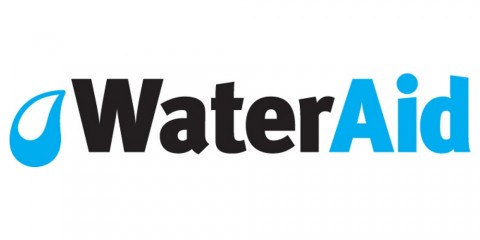Campaigning for sanitation in Ghana, India, West Africa and the US
2013 - 2019 • WaterAid America Inc.
Purpose
To elevate sanitation as a national, regional and global political priority and strengthen accountability for related political and financial commitments at all levels, with a focus on West Africa, Ghana, India, and the US
Activities
While high-level political WASH commitments are in place globally, regionally and nationally, a number of barriers exist which exacerbate the struggle to turn policy and commitments into operational and actionable plans, and these in turn into improvements in access for the poor and marginalized. In alignment with existing African and South Asian commitments (for example, the EThekwini and Sanitation and Water for All - High Level Meeting commitments), WaterAid campaigns in West Africa, Ghana, and India, to elevate sanitation as a national political priority and improve the effectiveness of public investments by national governments and international donors in these countries.
The project continually supports policy-focused sanitation campaigns in West Africa and South Asia and to ensure accountability for the effective implementation of the WSH-related Sustainable Development Goals
Countries of activity
Location of main activity
Objectives
WaterAid endeavors to effect change at the local, national, regional and global levels. Specifically, the objectives of WaterAid’s advocacy work are to:
- Innovate and demonstrate effective delivery of safe water, sanitation and hygiene promotion services, translating best practices and lessons learned for improved access, sustained behavior change and enhanced capacities and confidence into government and multilateral policies that recognize and prioritize the rights of the poor to sustainable and equitable services;
- Build awareness of the water and sanitation crises and their impacts with governments, the public, and the media;
- Influence policies and practices - through evidence-based research (Note 1) , strategic partnerships and collaborations with governments, donors, civil society and other stakeholders;
Partner with and build the capacity of local and regional stakeholders, sector actors, and NGOs to deliver their goals effectively;
- Leverage the knowledge of locally-based partners to create accountability to commitments, call for increased financing, and shape the approaches that are most relevant and needed in their own communities.
Further information
Research or implementation partners:
Ghana: 2 Districts, 6 local government authorities, 2 local implementing partners, the Coalition of NGOs in water and sanitation (CONIWAS) and the Ghana Water and Sanitation Journalist Network;
West Africa: African Medical Research Foundation (AMREF); regional and national WASH Media Journalists Network;
India: Ministry of Drinking Water and Sanitation, Ministry of Urban Development; Indian Institute of Technology, 2 local implementing partners.
Filter tags
Bill & Melinda Gates Foundation Capacity development Community sanitation East Asia & Pacific Enabling environment and institutional strengthening Health and hygiene International NGO Journalists North America Other funding source or unspecified Political processes and institutional aspects Politicians and local decision makers Public awareness, advocacy and civil society engagement Specific to one or several countries Sub-Saharan Africa
















